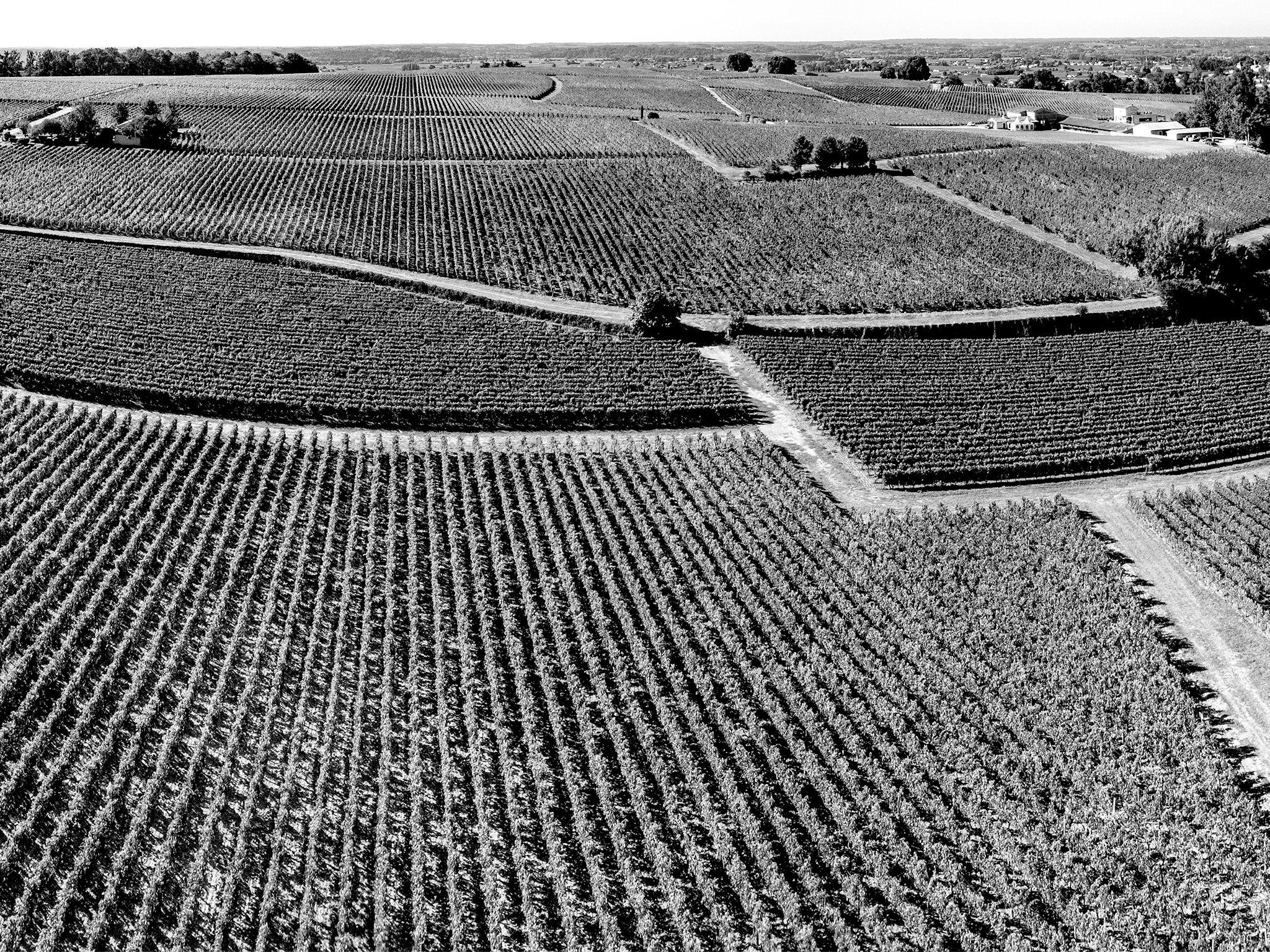Sauternes

The vintage
2019 was a year of contrasts, characterized by tremendous variation. A cool spring, scorching heat in the summer and dry weather throughout the year prevented the development of diseases. Cool, rainy weather in early June disrupted flowering, but this was followed by a heatwave in mid-June, enabling the berries to progress nicely. The lack of rain created water stress, which varied depending on the sector and the terroir. Miraculous rain at the end of July relieved the situation and provided good conditions for ripening. In Sauternes, the September rains are welcome as they encourage the development of Botrytis Cinerea, or noble rot.
Location
Pavillon du Lac Sauternes is a blend of batches selected from three classic Sauternes communes: Bommes, Barsac and Fargues. 75% of the final blend comes from Barsac, giving it finesse, elegance and freshness.
Terroir
The Sauternes vineyards cover 2,000 hectares to the south of Bordeaux, on the left bank of the Garonne and on both sides of the Ciron. There are five communes: Sauternes, Preignac, Bommes, Fargues and Barsac. The terroir is mainly clay-limestone (subsoil) with gravelly hillocks, with only Barsac having a relatively flat marl and limestone terroir, producing sweet wines characterized by finesse and freshness, while the other communes produce richer, more robust wines. It is the Ciron and its morning mists that give the Sauternes region a microclimate favourable to the development of noble rot.
Winemaking
Harvests are manual with successive rounds of picking. The botrytized grapes are pressed on arrival at the winery; 30% of the juice is then fermented in vats and 70% in barrels. Fermentation is stopped when the right sugar/acidity balance is reached.
Grapes
Tasting
Beautiful straw colour with glints of gold. Explosive bouquet, combining aromas of candied apricots and orange zest. On the attack, the palate is full-bodied and creamy, progressing to a lively, fresh finish, making this an extremely drinkable Sauternes.
Downloads

